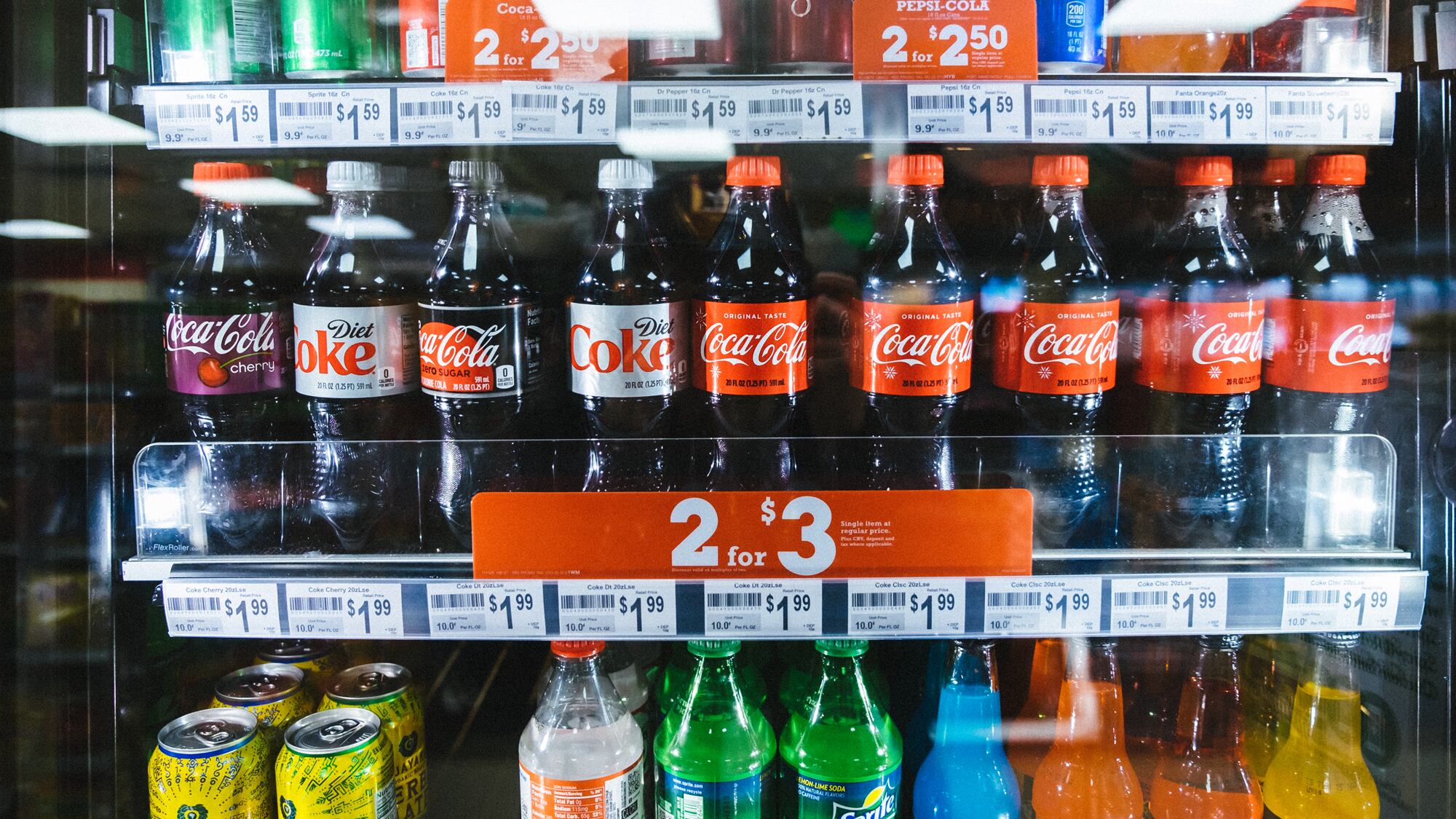In 2016, Oregon voters rejected a massive tax on corporations called Measure 97, in part because opponents ran a barrage of ads warning that companies like Fred Meyer and Winco would pass along the pain to grocery shoppers.
Now Oregon businesses are asking voters to change the state constitution to prohibit city, county and state governments from ever taxing groceries.
If Measure 103 passes, it would be the death knell for a decadelong effort—backed by former New York City Mayor Michael Bloomberg—to tax Coke and other sugary beverages in Multnomah County.
Health advocates are crying foul. "Oregon has a long history of successful policymaking at the local level," says Christina Bodamer, a lobbyist for American Heart Association. "Measure 103 removes local control to enact public health policies, such as sugar-sweetened beverage taxes, products which are particularly harmful to the health of our children."
Grocers argue that a soda tax is insignificant collateral damage. "Interestingly, soda sales have already plunged dramatically to a 31-year low, lower than any time since 1985," says Dan Floyd, a spokesman for the yes campaign. "People are choosing where to put their grocery dollar. We want that dollar to go as far as possible by keeping our groceries tax-free in Oregon, as they always have been."
Opponents of the measure say the collateral damage extends beyond soda taxes to a variety of other businesses grocers engage in.
They say it could affect any attempt to raise fuel taxes, or the Bottle Bill deposit.
Proponents say "the initiative only applies to food and beverage for human consumption" and critics' claims are "false statements."
Both sides have lawyers defending their interpretation of the measure.
The Secretary of State's ballot measure committee did not resolve the dispute. The City Club of Portland says the measure will probably apply to hospitals, trucking companies and other businesses not typically thought of as grocers, adding that the constitutional amendment will cause tremendous confusion—because "it is not clear what is covered."

Why Is an Anti-Abortion Measure on the Ballot in America's Most Pro-Choice State?
Why is Phil Knight backing both Colin Kaepernick and Knute Buehler?
Why was it so easy for Republicans to crowd the ballot with measures?
Supporters of Measure 104 say it's about fiscal discipline, but what's the real issue?
Why does housing in the ''Burbs depend on Portland voters?
Who is not on the ballot but has the most at stake this November?
Don't utilities already do the things the Portland Clean Energy Measure proposes to do?

